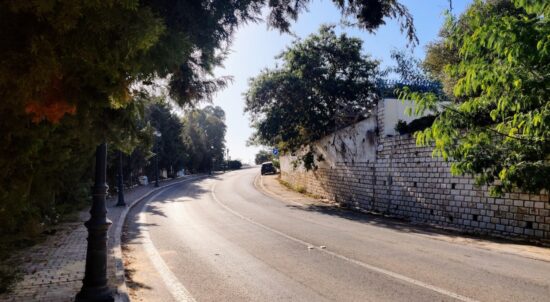The hidden harms of road projects

Roads may seem like routine infrastructure, but they account for more accountability complaints than any other development investment. This article explores why road projects so often go wrong — and what must change.
“We have obviously been the victims of Project Pro-Routes Rn2, and we will be the victims of others if nothing is done.”
This testimony from community members displaced by the World Bank’s road project in the Democratic Republic of the Congo reflects a devastating reality. The High Priority Roads Reopening and Maintenance Project – the World Bank-financed initiative known as Pro-Routes – promised to improve connectivity and economic opportunity. Instead, it uprooted families, destroyed livelihoods, and left communities in crisis. Contractors seized a quarry that had sustained local workers for generations, offering no compensation. Those who resisted faced violent retaliation. Women reported cases of sexual violence. Men, forced into unemployment, became easy targets for recruitment by armed groups.
Though extreme, this case is not unique. From Pakistan to Peru, road projects—though a familiar part of daily life for most of us—are among the most harmful. Preliminary research conducted by Stanford students for Accountability Counsel sought to identify relevant sub-sectors for complaints raised to Independent Accountability Mechanisms (IAMs) on the Accountability Console database. Out of the subset of complaints analyzed by Stanford students (1,648 complaints), a startling trend becomes clear: “Infrastructure: Transportation: Roads” is the single highest complaint sub-sector, with 259 complaints (16% of complaints analyzed).
Read the full article here, and subscribe to the Accountability Console monthly newsletter here for more stories like this.

